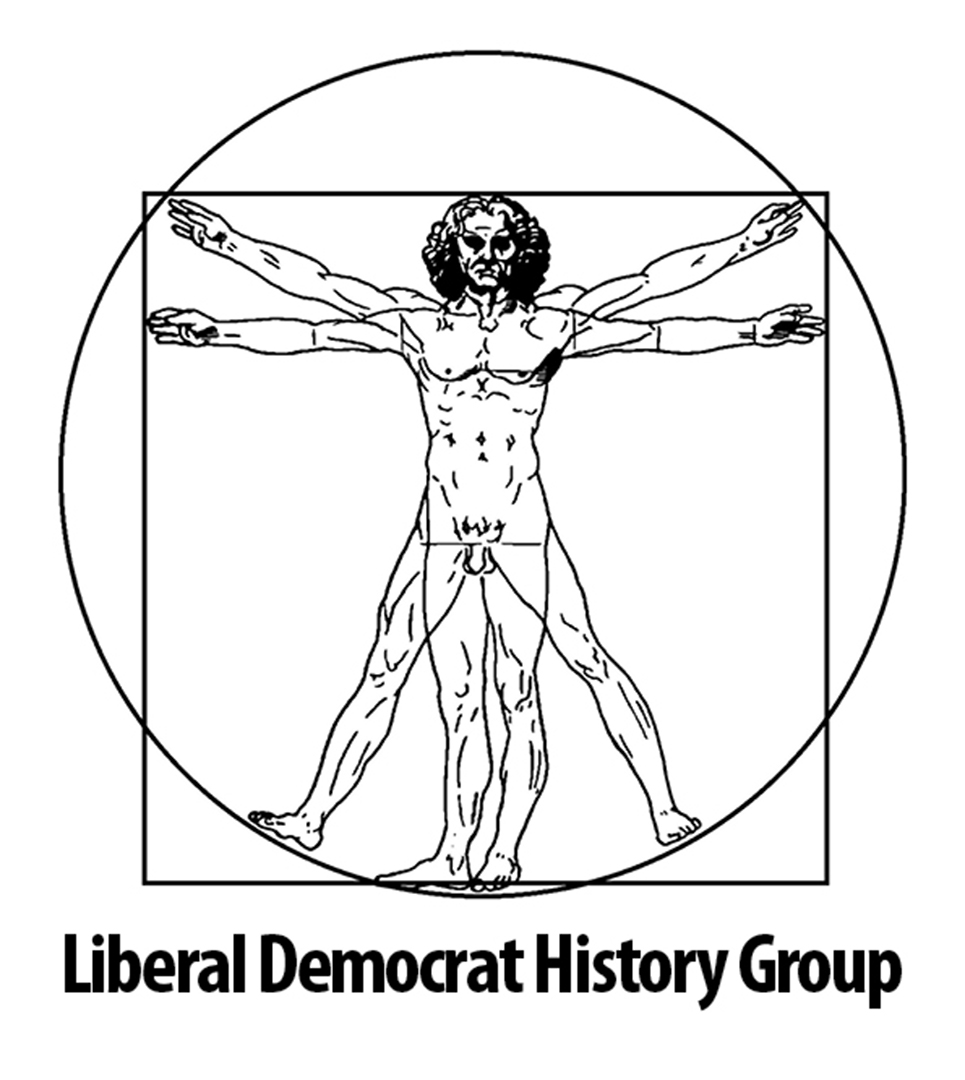Even when he did take action, Party loyalists accused him of undermining sacred Liberal principles in the pursuit of victory. Further complications in Ireland were therefore far from welcome and James Connolly’s Citizens Army could not have chosen a worse time to occupy the Dublin post office and declare a provisional republican government.
Furthermore, the Prime Minister had thought that he had temporarily solved the ongoing Irish problem in September 1914, when he had attempted to appease both republicans and unionists by placing a Home Rule Bill on the statute book. The Act was not to be implemented until after the war, when further amendments to it could be made as necessary. Unfortunately, his plan failed to achieve the desired effect and both sides remained disgruntled. In addition, the thorny issue of whether to introduce conscription in Ireland had alienated several Irish nationalists. With Government resources directed at fighting the war with Germany, the Easter of 1916 was the perfect time for republicans to lead a rebellion against Westminster.
Following the revolt it took the Government six days to regain control of Dublin, using a particularly heavy -handed approach. Marshall law was declared in the city and the British military executed many of leading rebels without trial. The trial of Sir Roger Casement, who had visited Germany in an attempt to muster support for the uprising, was particularly difficult for the Government given the insurrectionists notoriety. The Cabinet were eventually forced to leak extracts from diaries reportedly belonging to Casement. The extracts pointed to the defendants supposed homosexuality in order to discredit his character and allow the authorities to carry out a swift execution.
When the Chief Secretary for Ireland and Asquith’s long-time colleague, Augustine Birrell chose to resign his post over his handling of the rebellion, public attention again turned to the Government’s questionable conduct and there was further disquiet from the Liberal backbenches. Many were concerned about the treatment of the rebels; D Holt condemned the use of executions without trial and Phillip Morrell asked questions about the arrest and shooting of a journalist on the 9th May. Others, such as Sir Arthur Markham took a harder line and openly praised British troops for their role in quelling the uprising. Some had no sympathy with the Irishmen and thought that conscription should be implemented there immediately, whilst others such as Joseph King thought that the rebels should be pardoned for their crimes, providing that they conceded to the immediate introduction of conscription.
It was clear to Asquith that the Irish problem would no longer wait until after the war. Returning from an eight-day visit to Dublin on May 11th, Asquith decided that Home Rule was needed at once and asked Lloyd George to co-ordinate moves in this direction. Some have claimed that that this act was actually designed to ruin Lloyd George, Asquith certain that the negotiations would fail and thus tarnish the reputation of his closest rival and critic. Whatever the truth, tension between Lloyd George and Asquith was certainly exacerbated when the Prime Minister refused to support his deputy in the agreement he subsequently reached with the Irish Nationalists.
In retrospect, it can be said that the Easter Rising again brought to the fore an issue that had endlessly dogged the Liberals and done so at a time when the Party was already divided over the conduct of the war. By exacerbating relations between Lloyd George and Asquith further and highlighting further differences over the application of Liberal principles in a time of national crisis, it can be said that the rebellion did contribute to the overall disintegration of the Liberal Party during this period.

